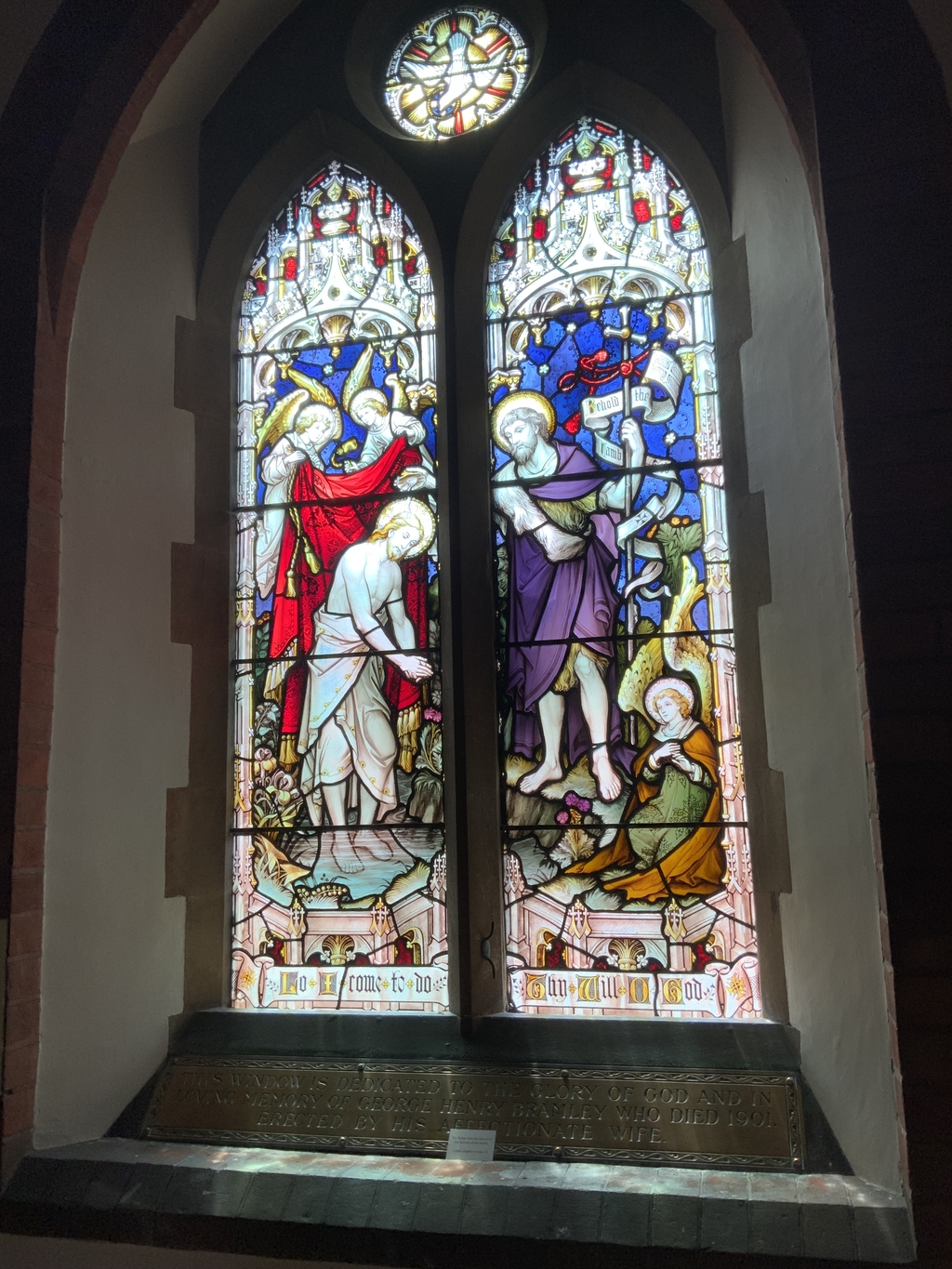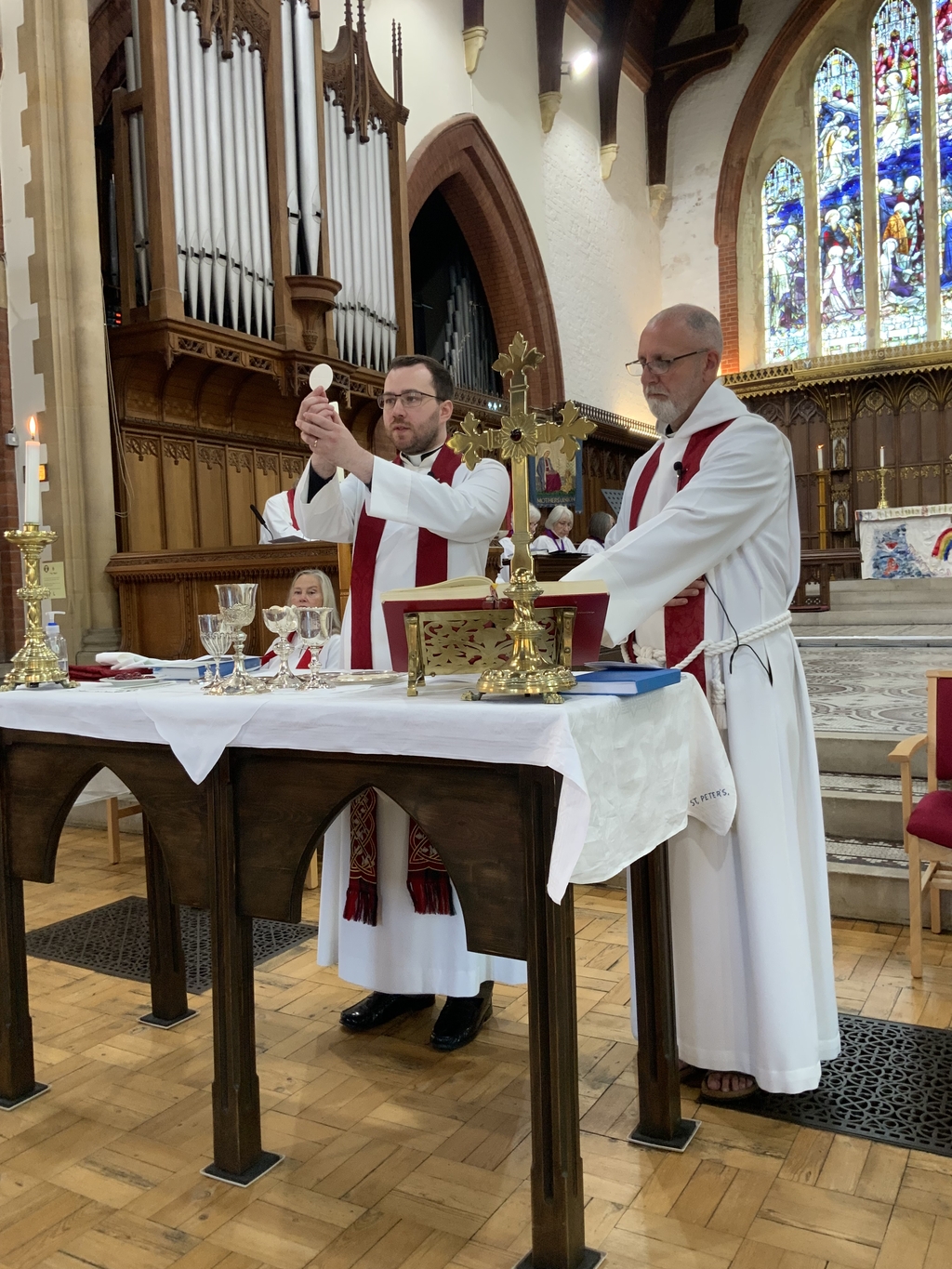True Worship
Today’s Gospel reading is from John, Chapter 2 verses 13-22.
Jesus goes to the Temple. The Temple was familiar ground to Jesus. We know he’d been there before. However, this visit provoked an angry outburst from him. The Temple Courts, the outskirts of the Temple, were full of traders selling cattle, sheep and doves ready for sacrificing in the Temple. Then there were tables of money-changers waiting to change the pilgrims money into the special Temple coinage needed to pay the Temple tax. These traders were there to provide necessary services, but it seemed their original good intentions were lost in the pursuit of personal gain. The house of prayer had become a busy, bustling place where the Temple seemed to have been forgotten and where businessmen lining their pockets had become the norm.
Jesus took stock and reacted. He drove out these ‘self-centred’ traders in scenes of chaos and disbelief. Jesus was so infuriated that God was not the centre of people’s thoughts that he was driven to the point of what religious scholars and the Church would later call ‘righteous anger’, but it was anger all the same.
John has Jesus here at the very beginning of his ministry, purifying the Temple from sin. But, there is a lot more to this story. On the back of this scene, Jesus suggests that true worship will no longer be dependent upon the Temple - a very radical idea at the time. The Temple, he says, will be destroyed and re-built in three days. The Jews think he is talking about the physical building, but he is referring to himself. The incarnation marks a new place for God. A building is a building, but the people now have God walking alongside them in the form of Jesus. God is now alongside people, within people, not waiting for them in a building! Jesus is claiming nothing less than the reconstituting of the entire worship of God’s people around himself.
Today, we are used to this idea. We know that the people are the body of Christ, the Church. We know that we are the Temple of the Holy Spirit, the place where God dwells both for individuals and corporately. However, this would have been a radical and blasphemous suggestion at the time. In truth, even today, many people are still obsessed with the centrality of church buildings over and above listening to Jesus’ teaching. Thus, many people are faced with a great challenge.
If we are temples of God, I wonder what Jesus would find if he suddenly came to his temple today? Would our inner temples be places of holiness and awe where God is honoured and worshipped? What’s at the very core of our being? What about the outer courts, the place where the money-changers were, the interface with the outside world? What is going on there for us? What would Jesus find there? Are there things Jesus would want to drive out of our lives, drive out of his temple? Are we God’s house or are we a place of selfishness and chaos? Would we rather put God in a building so we don’t have to answer these questions?
Jesus was angry when he went to the Temple building because people had lost their focus on God and seemed to be more focused on themselves, either making money or just mechanically doing what they thought was expected of them to stay on the right side of God. We know that Jesus calls us to worship one God and to put our neighbours before ourselves. If we’re honest, we know exactly what Jesus hopes to find in God’s temple, in each one of us and in his Church, the body of Christ. The question is, will he find it?
Jesus comes to his temple today and every day, to each one of us. He comes to purify, to heal, to nurture and to love. What we need to do is allow him to enter our inner and outer courts, inviting him to make the changes necessary for us to become the place where God is honoured and worshipped, the place where God truly dwells.
With every blessing,
Christian













